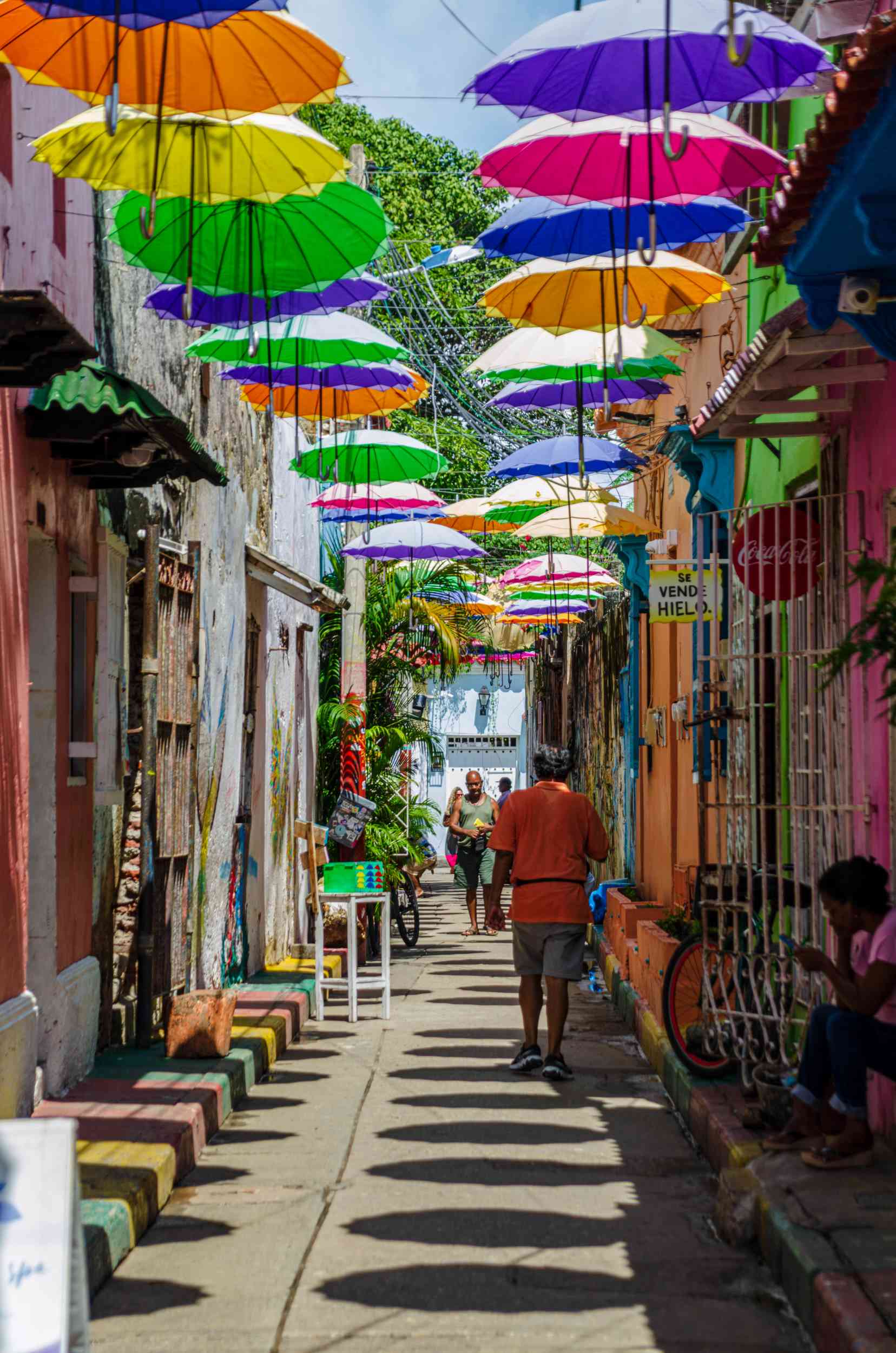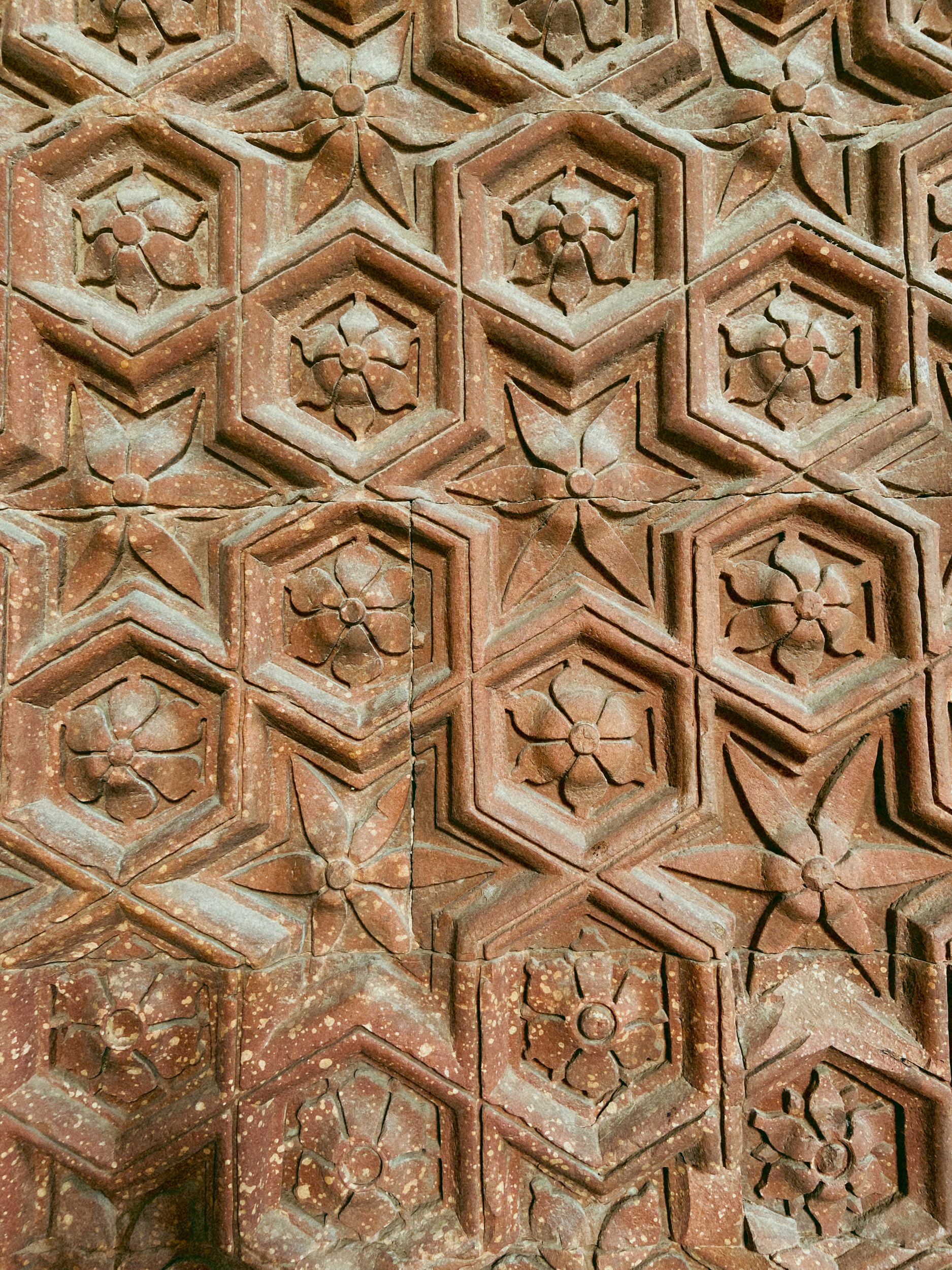Matot-Masei: what a trip
Summary: The name of the Parshah, “Matot,” means “Tribes,” and it is found in Numbers 30:2. The name of the Parshah, “Masei,” means “Journeys,” and it is found in Numbers 33:1. They are usually read together – the next time they will be read separately will be, bezrat hashem, 2035.
Moses conveys the laws governing the annulment of vows. War is waged against Midian . The tribes of Reuven, Gad and half of the tribe of Menashe ask for the lands east of the Jordan. Moses is initially angered by the request, but subsequently agrees on the condition that they first join, and lead, in Israel’s conquest of the lands west of the Jordan.
The forty-two journeys and encampments of Israel are listed, from the Exodus to their encampment on the plains of Moab across the river from the land of Canaan. The boundaries of the Promised Land are given, and cities of refuge are designated. The daughters of Tzelofchad marry within their tribe of Menashe, so that the estate which they inherit from their father should not pass to the province of another tribe.
KS –
The word Torah is connected to the word horaah, instruction. The idea behind this is that every reading, every verse, every of word and even every letter or lack of it can teahc us something, giving us some instruction. Now the portion of Masei brings 42 stages of the journey of the Israelites, and the question is – what can this teach me, a Jew in the 21st century in America? What does it matter to me thos 42 stages in 40 years in the desert, from Egypt to the Land of Israel?
The word Mitzrayim, Egypt, is related to the Hebrew word metzar , which means a constricted or limiting place, a strait. Both those words come from the word, tzar, narrow.
Mitzrayim can be seen as a moment of constriction in the life of a person. Every person, in his or her life has situations that are a limitation, a constriction, where the person feels that something is preventing growth and expansion. Those situations can be called metzar. In order to get out of this metzar , a person has to exert energy. And when we manage to escape the metzar we get to a place that it is its opposite, the merchav , a wide-open place. Those two words might be familiar to you from the Halel, in which we sing – min hametzar karati Y=h, anani bemerchav Y=h – which means: from the straits I called to Y=h, I was answered by the expansion of Y=h. Think of a moment that you hada problem, recently – when it was over, you might have breathed a sigh of relief: “I’ve gotten out of that tight spot.” Sometimes we can not even be aware of the tightness of the moment, but when it is over you feel “ooooh! Amazing how much better this feels.”
The verses of our portion indicate, according to the Ba’al Shem Tov, what it means to live the lif e of a Jew. It begins at birth, and what follows is a succession of tight spots followed by relief and expansion. Every given time in our lives, in every given stage, we will feel in smaller or greater proportion obstacles and tests. These are the tight spots. The idea is that these situations are to be overcome, and through the process of overcoming them we strengthened. Maybe even our awareness of the loving presence of God is deepened and expanded. What we are not supposed to do is to give up, surrender.
e of a Jew. It begins at birth, and what follows is a succession of tight spots followed by relief and expansion. Every given time in our lives, in every given stage, we will feel in smaller or greater proportion obstacles and tests. These are the tight spots. The idea is that these situations are to be overcome, and through the process of overcoming them we strengthened. Maybe even our awareness of the loving presence of God is deepened and expanded. What we are not supposed to do is to give up, surrender.
In this context, Egypt, Mitzrayim, doesn’t mean a geographical land, a country – the word actually refers to the stages of constriction and development that we all go through on our journey to spiritual development — that utopia, the goal that we follow of becoming more perfect is symbolized by the land of Israel.
Think about your own life and its process. What was difficult at the age of five became almost a joke at the age of ten. What was difficult at the age of ten became a joke at the age of twenty. The difficulties and problems that a young couple faces on the first years of marriage are completely different when they celebrate 20 years of marriage, and yet different when they celebrate 50 years of marriage. Different constrictions come with being a parent and with being grandparents. Every stage in life has its own qualities and challenges. We are contantly being put in new situations, and we have to deal with them and grow through them. Life is a series of metzarim, constricted places and a series of merchavim, expanded places – life is a series of journeys from one to another, and every time you conquered one point, it then becomes a metzar – in comparison to the next stage. As a friend of mine would put it, every time he was telling something difficult that was happening to him, “life is a trip.”
Now, if you are paying attention, this also happens every single day. On any given day, a person goes through journeys from the time we wake up until we goes to sleep. There are days in which waking up and getting out of bed is the hardest thing you can do, and there are days when going to sleep is the hardest thing. Say nothing of avoiding the traps and stumbling blocks in our way.
Prayer, too, works like that – the system itself has stages and levels, and even beginning to davven is a level on its own – just making time, just being disciplined every day. And then there’s the text: we begin trying to make sense of it, we are all intellectual – do we know what the words mean? Can we pronounce them correctly? Are we saying the right words for the right day? But this is all the beginning, and it is quite hard. But once this is conquered and dominated, we get to the next level – paying attention with no distractions: no computer, no radio, not even the distraction of the language. And then we get to yet another level: internalizing prayer. Feeling it. Meaning it. The Baal Shem Tov then says: every word said with the right intention needs a light inside. Your job is to bring the light in. And then, once you are able to get to that point, you move onward to what the Baal Shem Tov calls nullification of the ego. Then, he says, you are no longer in this world, but in Israel, the place where the Divine Presence is revealed. You moved from the constriction to the expansion, going through stages, in davening.
Now listening to all this, you can have the reaction of “why bother? This is impossible!” but then our reading says to you, specifically: chin up! God did not say to go from Egypt, Mitzrayim, to the Merchav, the Land of Israel, in one day! There are 42 stations because we need to appreciate that even if the goal seems far away, the first step of the journey is quite close. You cannot ever compare yourself to anybody else because you don’t know where the other person started from and what their handicaps are. The important thing is to know that you have to keep going. The Torah is saying – just one step. And another. And you will conquer this difficulty, at your own level, at your own speed. Eventually, what is hard today will look easy, and other things will be hard. Different things. And God, as we say every morning, has an enormous faith in us. We can become better people, every day.
Shabbat Shalom
==
 Morning:
Morning:
Look at the request of the tribes of Gad, Reuven and half of Menashe, and look at Moshe’s reaction. What jumps out to you?
- Moshe is projecting the past.
- There is an oath.
- The daughters of Tzelofchad, according to the book of Joshua, actually are from the side inside the land, and not Gilead. This makes some look at that story with an eye to a reproach to the rest of the tribe. One of the towns is, incidentally, called by the same name of one of the daughters, Tirtza, and it is in the territory of Menashe inside the land of Israel.
